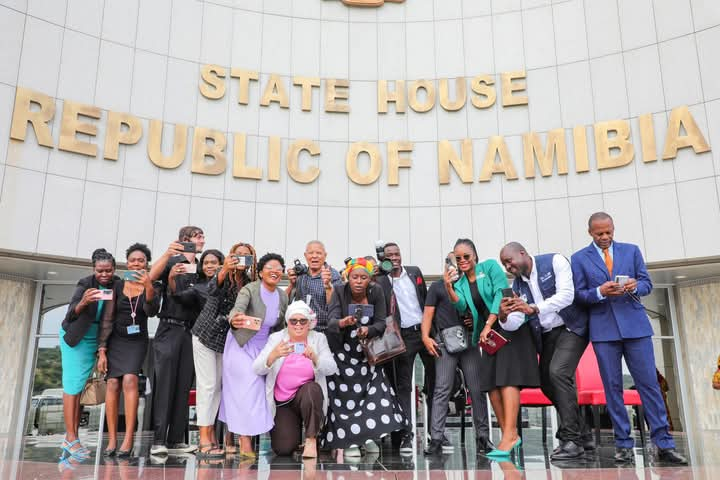THE Legal Assistance Centre (LAC) is set to embark on uncharted territory next week, when it leads 22 employees and former employees of an Oshakati lodge into a court battle with their employer.
The workers claim damages against the former owner of the Oshakati Country Lodge, who they claim had them tested for HIV without their knowing.They also claim that the results of these tests were made known to third parties without their consent.The case was already reported to the human rights organisation’s Aids Law Unit in 2000, their lawyer Linda Dumba-Chicalu said yesterday.The delays, she said, were mainly due to the high number of applicants involved in the case.’As time went on, some of the employees left the employment of the lodge. Some have found jobs in places like Angola, or otherwise left for studies in South Africa. So getting them to sign affidavits and other legal papers took some time to get done,’ she said.A number of lawyers have also worked on the case throughout the years, she said, with some also having left the organisation’s employ over time.The LAC starts in earnest with the case this morning, when it will apply for an interim order to make sure that the 22 plaintiffs’ identities are not disclosed by anyone during the trial.The trial is scheduled to last at least 10 days, starting on Monday and set for completion by Friday, July 31.The workers claim that, in February 2000, the management of the lodge hired a medical doctor to conduct various tests on its employees.They argue that, when they asked what the tests were about, they were told these were to check general hygiene.A week later however the test results were released, and they found they had also been tested for HIV.The lodge management, which has since changed hands, are expected to argue that the employees were fully aware of what the tests they were subjected to, were about.The workers are claiming financial compensation from both the lodge ownership and the medical doctor concerned.Their case is based on three factors, namely that they were tested for HIV without giving informed consent, that the owner used false representation to get them to consent for these tests, and that the doctor disclosed their test results to third persons, breaching the patient-doctor confidentiality relationship.Aids Law Unit Coordinator Amon Ngavetene said the LAC hoped to set a precedent with this case, in stressing the importance of respecting the rights of HIV positive people to their privacy and dignity, so as to prevent unfair discrimination.
Stay informed with The Namibian – your source for credible journalism. Get in-depth reporting and opinions for
only N$85 a month. Invest in journalism, invest in democracy –
Subscribe Now!










